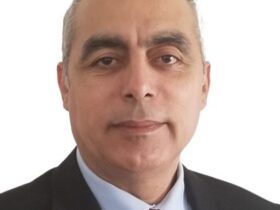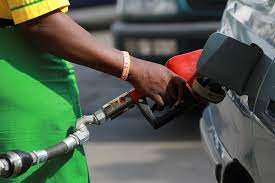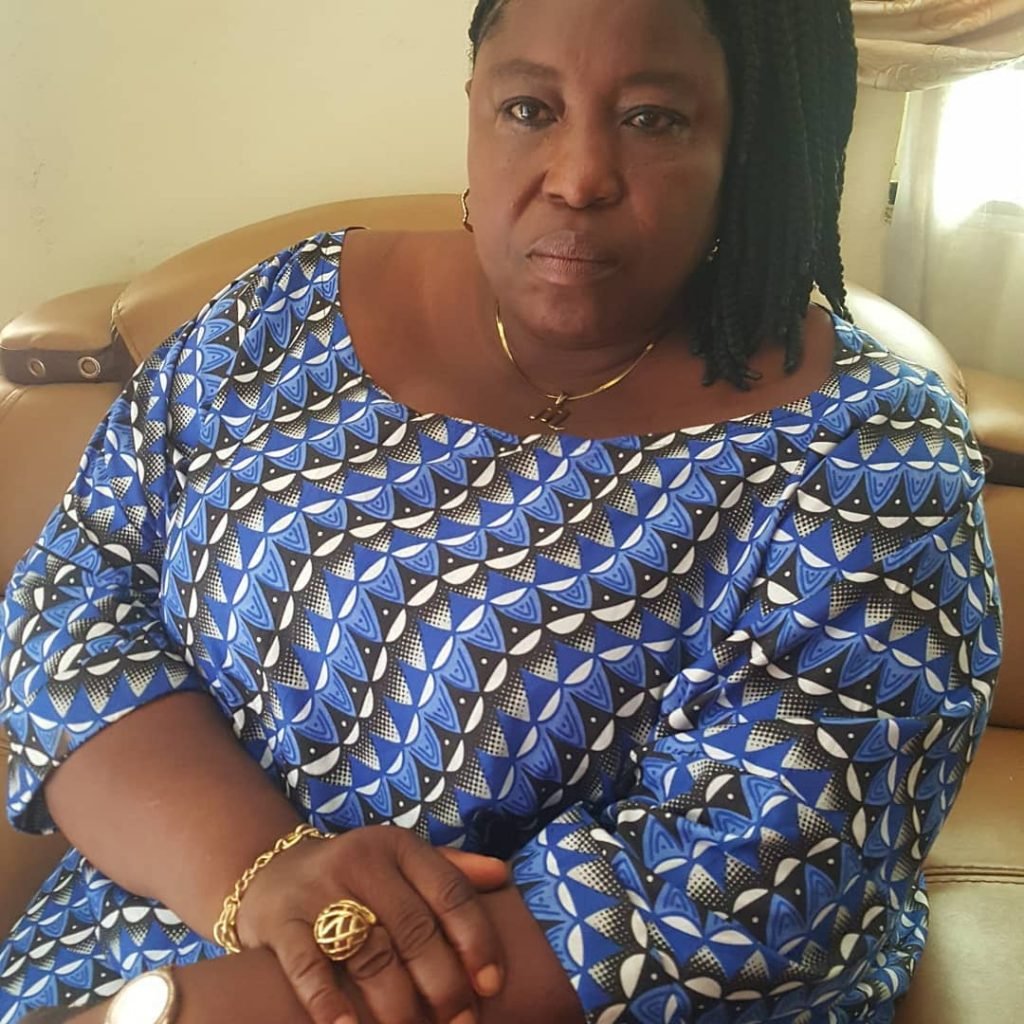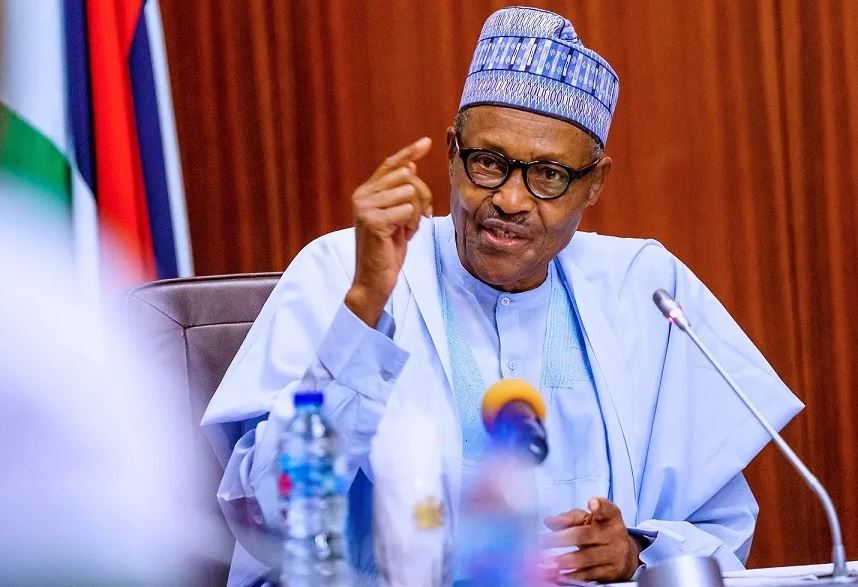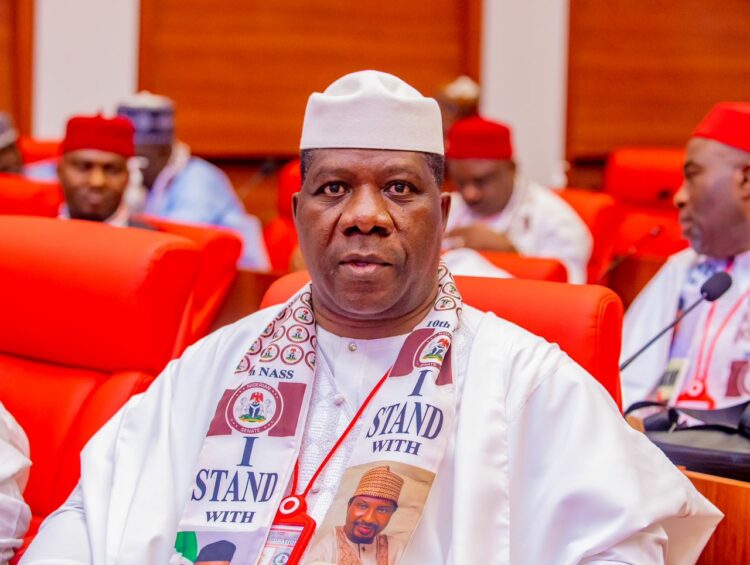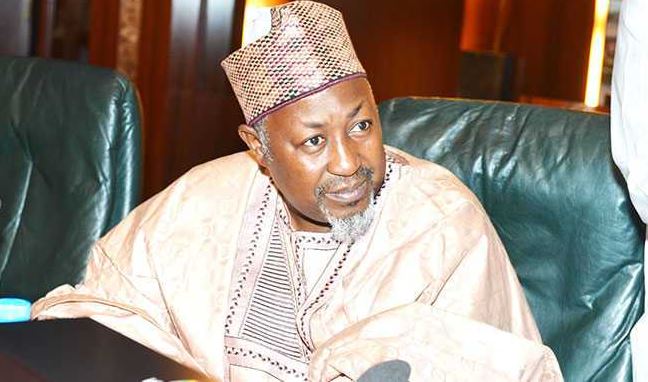FOR the umpteenth time, the Asset Management Corporation of Nigeria has lamented its inability to recover debts of over N4 trillion from recalcitrant wealthy debtors, reflecting another dimension of Nigeria’s dysfunctional institutions and state capture. The AMCON debt conundrum aptly highlights the huge burden the economy and the taxpayer bear because the state cannot enforce its laws against the rich and influential. Broke, indebted, and broken, Nigeria should unleash all the powers of the state within the law and recover these bad debts to plug the gaping fiscal hole.
It is part of the disappointing legacy of the regime of the President, Major General Muhammadu Buhari (retd.), that in eight years, he was unable to resolve the banks’ bad debts crisis he inherited from his predecessor. The Managing Director of AMCON, Ahmed Kuru, lamented the huge indebtedness to the agency by some high-profile persons and difficulty in recovering the loans.
FOR the umpteenth time, the Asset Management Corporation of Nigeria has lamented its inability to recover debts of over N4 trillion from recalcitrant wealthy debtors, reflecting another dimension of Nigeria’s dysfunctional institutions and state capture. The AMCON debt conundrum aptly highlights the huge burden the economy and the taxpayer bear because the state cannot enforce its laws against the rich and influential. Broke, indebted, and broken, Nigeria should unleash all the powers of the state within the law and recover these bad debts to plug the gaping fiscal hole.
It is part of the disappointing legacy of the regime of the President, Major General Muhammadu Buhari (retd.), that in eight years, he was unable to resolve the banks’ bad debts crisis he inherited from his predecessor. The Managing Director of AMCON, Ahmed Kuru, lamented the huge indebtedness to the agency by some high-profile persons and difficulty in recovering the loans.
Internationally, there are mechanisms for managing loans and ensuring that they are repaid, and in the event of borrowers’ inability to repay, measures are in place to ensure that assets pledged as collateral are taken over and sold so that the money can be recovered.
In the US, temporary inability to repay loans is not a criminal offence, but refusal to service indebtedness after several incentives can be, and should be criminal. However, if a loan continues to go unpaid, the debtor should expect late fees or penalties, wage garnishment, as well as a drop in credit score; even a single missed payment could lead to a 40- to 80-point drop. With time, a lender might send the delinquent account to a collections agency to force the debtor to pay it back.Foreclosure and asset seizures and liquidation of businesses are last resorts.
The Financial Times of London reported in 2018 that 47 US bankers were sentenced to jail time for their role in the financial crisis, as banks’ inability to recover loans led to the catastrophe that caused the global financial crisis.In 2019, Reuters reported that the UK’s bad bank, UK Asset Resolution, set up to manage more than £100 billion of assets from two lenders that collapsed during the financial crisis, had repaid the last of the £48.7 billion used to fund the bailouts, several years earlier than expected.
Some Nigerian bank officials and debtors had also been made to account for the collapse of financial institutions under the Banks and Other Financial Institutions Act as about 160 bank executives were clamped into detention.Somewhere eventually convicted for breaking the laws in defiance of conventional credit guidelines and corporate governance protocols.Individuals or businesses that cannot repay loans should have the assets they pledged as collateral seized. Under the BOFIA, every director of a debtor firm is liable. The situation whereby chronic debtors live in ostentatious luxury is elite conspiracy and corruption at work.
Unfortunately, the courts have been unhelpful to AMCON as the big debtors run perpetually to the courts to obtain protective injunctions, while lawyers frequently tie up processes with technicalities. In several countries, bad banks have fulfilled their mandates and wound down.
The Central Bank of Nigeria should help the debt recovery efforts by barring individuals and corporates with delinquent debts from obtaining fresh credit facilities from any financial institution in the country.Before AMCON closes shop, the government should summon the necessary political will to recover all outstanding debts. The incoming administration will do well to follow this path as it will inherit an empty treasury and will need all the funds it can get. Recovering AMCON’s NPLs is one stream; unlike Buhari, it should go after them with iron determination.

